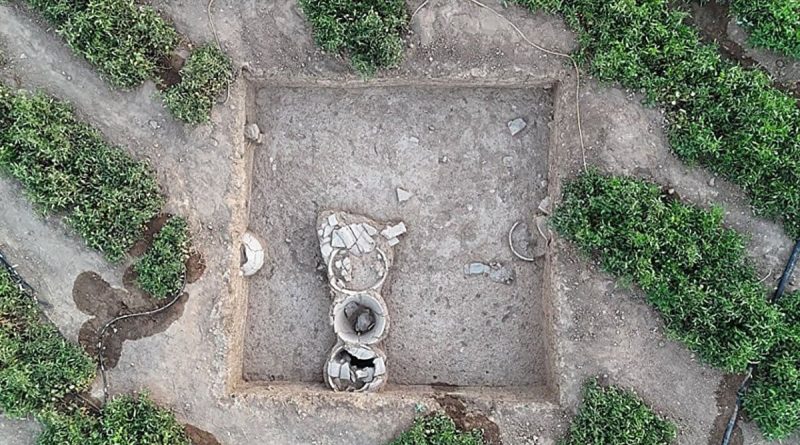Archaeologists Uncover Ancient Artifacts in Iraq, Revealing Insights into Mesopotamian Civilization
Noteworthy discoveries have been unearthed at the ancient location of Kurd Qaburstan in Iraq, illuminating Mesopotamian history. Objects such as clay cuneiform tablets, a game board, and structural remnants have been excavated by a team led by Tiffany Earley-Spadoni, an adjunct professor of history at the University of Central Florida. The findings are estimated to originate from the Middle Bronze Age, approximately 1800 BCE, and could offer new perspectives on the daily lives, literacy, and socio-political ties of the individuals from this ancient civilization.
Insights from Recent Discoveries
According to the investigation carried out at Kurd Qaburstan, the clay tablets are unique to the area. Initial examination suggests they contain valuable details about the inhabitants of the city and the historical circumstances they encountered, as stated by phys.org. Tiffany Earley-Spadoni, an adjunct professor of history at UCF, conveyed to phys.org that analyzing names, language choices, and writing styles could lead to a deeper comprehension of cultural identity and literacy in northern Mesopotamian cities.
The Middle Bronze Age in northern Iraq has been insufficiently studied due to historical prejudices and limited previous excavations. The ongoing research aims to present a narrative from the viewpoint of the city’s residents, rather than depending on external sources, as highlighted by the main researcher.
Investigating a Forgotten Urban Center
Digs at the location have revealed grand architecture, human remains, and indications of devastation, suggesting significant historical occurrences. A recently identified lower town palace, unveiled through geophysical surveys, is under close examination to ascertain its administrative importance. Objects discovered in the palace, such as pottery and animal remains, indicate a more nuanced understanding of social and economic systems, with indications of personal affluence and dietary variety among the city’s populace.
Potential for Future Research
The site is believed to be the ancient city of Qabra, a regional hub referenced in Old Babylonian documents. While definitive confirmation is ongoing, findings from the tablets and architectural remnants support this hypothesis. As detailed by phys.org, researchers anticipate that further analysis will unveil details about potential conflicts and societal dynamics, potentially reshaping aspects of Mesopotamian history. Work at Kurd Qaburstan is scheduled to continue in 2025, with expectations of uncovering more historical enigmas from this captivating era.

